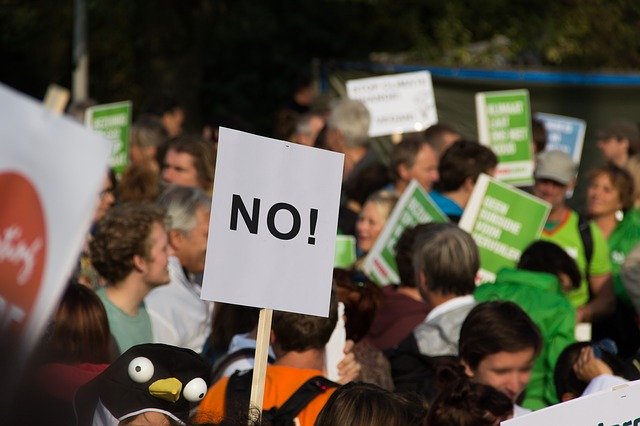What is it like to be a professor today in “soft disciplines” defined as “other than science, technology, and engineering”? The humanities and social sciences are soft disciplines. Psychology, sociology, political science, language, gender studies, business majors, and the like are soft disciplines. Soft disciplines have in common complex causality, weak and competing methodology, disciplinary bias, and incompatible interpretations for unrepeatable one-off events. The status of medicine is borderline because it has been heavily politicized and invaded by social sciences, drug, and medical device interests. Despite their dubious scientific and logical foundations, soft disciplines exercise an inordinate influence on social attitudes, values, and beliefs, and, ultimately, upon culture itself.
More than a decade ago in 2006, I was a professor at a small graduate school teaching and supervising clinical psychology doctoral students. To my surprise, a paper I had published 36 years earlier became the source of a staged event during a class and later the focus of an institution-wide protest by students who had been “reprogramed” by another department through Korean War style “reeducation”. These students with whom I never had any association claimed that I was a white racist and advocated “eugenics”. This pure nonsense went unchecked by faculty or administration. During this difficult time, The Foundation for Individual Rights in Education (FIRE) provided moral and legal support since I had been denied due process.
I am sympathetic to the financial struggle of small colleges. Too many colleges with too few resources contend for too few students. Little fish are eaten by big fish. Administrative costs are mushrooming coupled with increasing expenses for facilities, maintenance, insurance, and benefits. To the credit of this small graduate school, I was retained as a faculty member. The dust was allowed to settle.
My experience was not uncommon. Professors across the United States are subject to intimidation and humiliation by contingents of students often aligned with activist faculty or staff. Students align with special purpose causes that favor one gender, one demographic, or one ideology. Points of view, conversations, ideas, or debates that question these agendas are labeled sexist, racist, phobic, or the like. Administrators scramble for cover. Discourse is quashed and the very reason for higher education is defeated. The dominant interest groups and their allies have turned the colleges into ideological duplicating machines. The impact upon professors who do not taut the “party line” is loss of standing, collegiality, and often a job.
In 2015 I was invited to describe my experience by editors of a book proposed for publication by Encounter Press. Following the invitation, I dutifully wrote about my experience in the politically correct meatgrinder, but the book proposal was withdrawn. One of the editors had been hospitalized and made too ill from her mistreatment and denial of due process to continue her duties.
As I traversed the gauntlet, I was morally outraged, offended. I believed that justice, or at least what I viewed as justice, should prevail. I was aggrieved at those who did not act in accord with due process, and who made me an “example”. I felt that a profound injustice was done. These feeling lingered, but now I see the whole episode like theater. I don’t blame any person. Every person, administrators, assorted faculty members, students with an agenda, and myself were cast in a play. Once the scene was sent, roles were played out choreographed by self-interest and group dynamics. In retrospect, the whole course of the “incident” and its aftermath seemed inevitable. For this reason, I hold no animus toward any person, since I know that they had no choice.
Personal descriptions about the loss of “academic freedom” in the academy written by academics are rare because academics fear retaliation and loss of employment. The mere labeling of writing or speech is tantamount to conviction. Faculty rarely support one another over such matters least they be labeled too. Regretfully, academics are often sheep. The unpublished chapter, titled No more Cardinal Newman’s Idea of a University, written for Encounter Press may be downloaded here or at two sites:
https://www.academia.edu/40975418/No_More_Idea_of_a_University
https://www.researchgate.net/publication/337335708_No_More_Cardinal_Newman’s_Idea_of_a_University
Better the story is told somewhere rather than nowhere. This is today’s college reality at innumerable small and large institutions.
